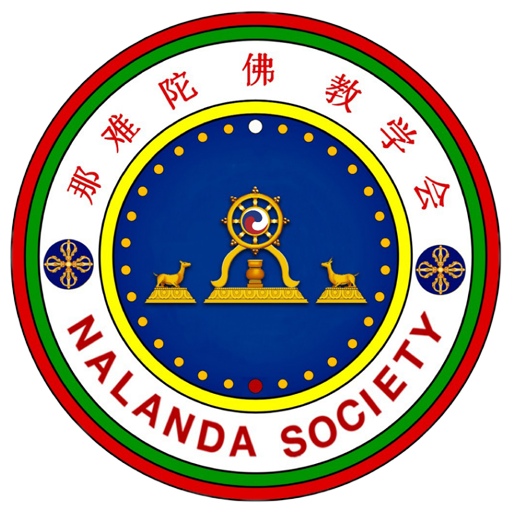Adhering to the same spirit Buddha set up the Sangha Order, which is to allow its sangha members who shoulder paramount teaching responsibility to be optimally nurtured to spread Buddha’s teaching in future, Buddha Mandala Monastery set up its Sangha Training System.
Objective
To train sangha members as teachers and role models for humans and deities, and to assume the responsibility of Buddha.
This is the foundation to the Five Paths as well as the practice of the bodhisattva’s way. The focus is on training sangha members to transform their mentality and attitude, to verify emptiness of mind, and to practice the bodhisattva’s Six Paramitas and Four Immeasurables.
SANGHAHOOD SYSTEM
A Specialised Training System for
Sandha Members who are Teachers and Role Models for Humans and Deities
(Training Period 16 years, Divided into 4 Periods, Duration of Each Period is 4 years)

- Due to the differences in individual's working experience, education qualification and capability, each period of training may also be different.
- After completing each period of training, the Sangha member's mentality, learning and personal cultivation have to be assessed by the Sangha Committee before he or she can move on to the next period.
1st Period: Accumulation of Buddhist Knowledge (1st to 4th year)
New sangha members reviewed and approved by the Sangha Committee, will live and learn with the Sangha Order or be posted out to study at recommended schools.
Other than the accumulation of Buddhist knowledge, this is also a time for establishing right action and right behaviour, learning of right attitude and cultivating the spirit of the six ways of living in harmony with others.
2nd Period:Learning of Monastery Operation and Management (5th to 8th year)
During this period, sangha members participate in the operation of the Sangha Order, learning the skills of receiving devotees, facing the public with tact and grace, and teaching or instilling in devotees, basic knowledge of Buddhism.
In the process, sangha members learn lower and middle management cum leadership skills.
The fundamental qualities and values to develop are humility, tolerance, self-reflection,
feeling ashamed and embarrassed for having done wrong, willingness to take up responsibility, being able to endure pain and persevere diligently.
3rd Period: Advancement in Worldly Knowledge, Buddhist Knowledge and Personal Cultivation (9th to 12th year)
Sangha members take up positions in the Sangha Order, learn middle upper management skills and teach advanced Buddhism class and basic meditation class.
As the focus is on further development and enhancement of knowledge and qualities, sangha members can do part-time study to advance academically (Degree, Master or PhD) or apply for short term solitary retreat not exceeding two and a half months.
During this period, they should enhance their ability to reflect on self, analyse self-related problems and correct self-mentality.
This is to lay the foundation for the forthcoming three-year retreat.
4th Period:Inner Realisation Experience and Practice (13th to 16th year)
After being assessed by the Sangha Committee as possessing merits, virtues and correct mentality, sangha members can start their three-year solitary retreats.
Upon completion of their three-year solitary retreats and after being verified by their instructors, they will be promoted to Acaryas.
Acaryas will be responsible for teaching middle and advanced meditation class and advanced studies class.
After serving for two years, they can choose to take a maximum of two years of no allowance leave to further their studies, advance in their practice or go out to spread the dharma to help sentient beings on their own.









